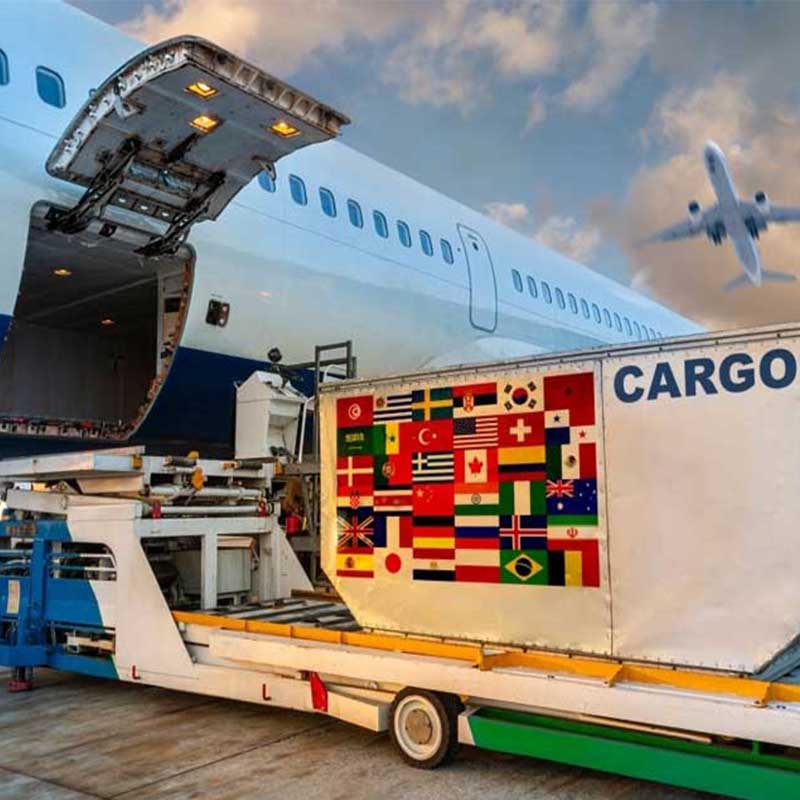International Air Cargo plays a pivotal role in facilitating global trade by transporting various types of goods swiftly and efficiently across continents. Understanding the demand for air freight and the trends within different cargo categories is essential for stakeholders in the industry to optimize operations and meet evolving customer needs. This article delves into the freight demand in International Air Cargo, including the transportation requirements of different types of goods and the industry's demand trends.

1. Overview of Freight Demand:
The demand for International Air Cargo is influenced by a multitude of factors, including economic conditions, consumer preferences, and trade dynamics. As globalization continues to drive interconnected supply chains, the need for expedited and reliable transportation solutions has increased, further fueling the demand for air freight services.
2. Types of Goods Transported:
International Air Cargo encompasses a wide range of goods, each with distinct transportation requirements. These include perishable items such as fruits, vegetables, and pharmaceuticals that require fast and temperature-controlled transport to maintain their freshness and integrity. High-value goods like electronics, luxury goods, and pharmaceuticals also dominate air freight due to their time sensitivity and security considerations. Additionally, oversized or heavy cargo, including machinery and automotive parts, often necessitate air transportation for urgent delivery or project deadlines.
3. Demand Trends by Industry:
a. E-commerce and Retail: The rise of e-commerce has significantly contributed to the growth of international air cargo demand, with retailers and e-commerce platforms relying on air freight to fulfill customer orders quickly and efficiently. The demand for fast shipping options, especially for perishable goods and consumer electronics, continues to drive the growth of this sector.
b. Pharmaceutical and Healthcare: The pharmaceutical industry relies heavily on air cargo for the transportation of temperature-sensitive medications and vaccines, especially during emergencies or global health crises. With the increasing demand for healthcare products worldwide, the demand for air freight in this sector is expected to remain robust.
c. Automotive and Manufacturing: The automotive and manufacturing sectors often require expedited delivery of components, machinery, and prototypes, making air cargo an indispensable mode of transportation. Just-in-time manufacturing practices and the need to minimize production downtime further contribute to the demand for air freight services.
d. Perishable Goods: The demand for fresh produce, seafood, and flowers from different regions of the world drives the demand for air cargo services. With consumers seeking high-quality and exotic products year-round, airlines and freight forwarders cater to this demand by offering specialized handling and transportation solutions for perishable goods.
In conclusion, the demand for international air cargo continues to evolve, driven by changing consumer preferences, global trade patterns, and industry-specific requirements. Understanding the diverse transportation needs of different types of goods and the demand trends within various industries is crucial for stakeholders in the air cargo industry to adapt their services, optimize routes, and meet the growing demands of the global marketplace. As the world becomes increasingly interconnected, international air cargo remains a vital enabler of global trade and economic prosperity.